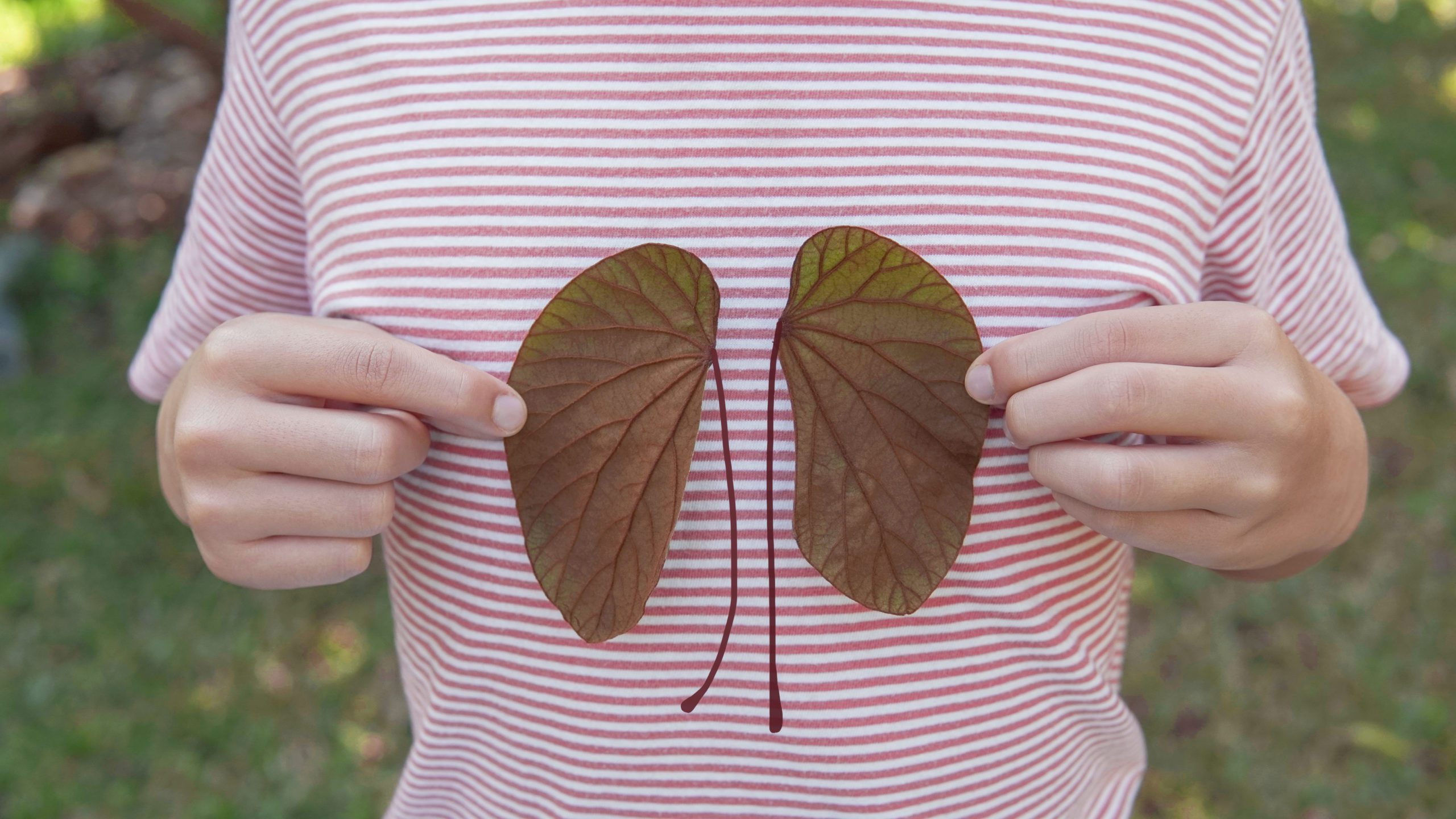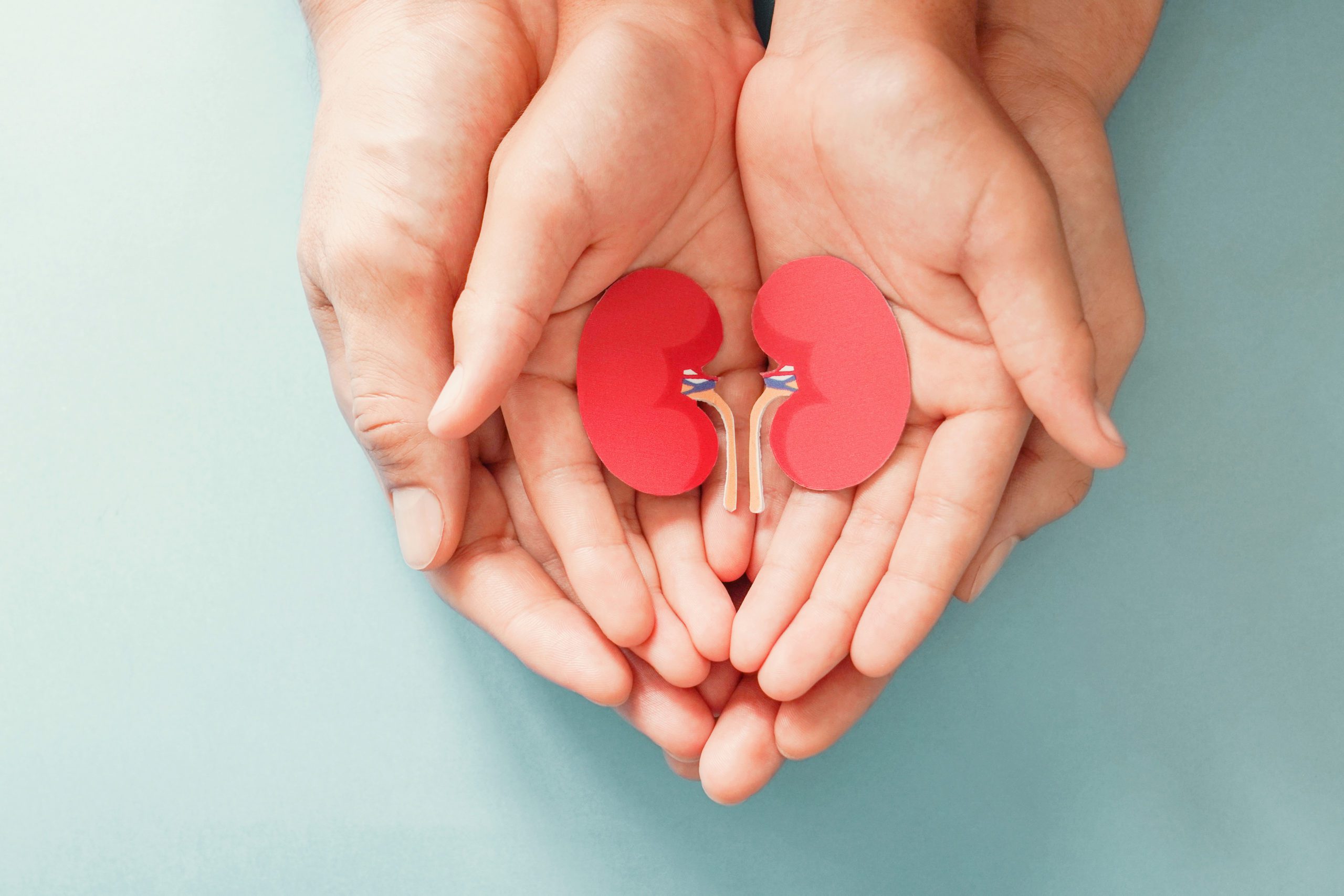
Dr. Ray Bignall, or Dr. Ray, as his patients would like to call him, is a board-certified Pediatric Nephrologist currently residing in Columbus, Ohio. Originally from Nashville, he received his medical degree at Meharry Medical College, then moved to fulfill his residency at the Cincinnati Children’s Hospital, where he stayed for seven years. In that time, Dr. Ray was also able to complete his postdoctoral research for the National Institute of Health on kidney health disparities between adults and childcare. Now, Dr. Ray is the Director of Kidney Health Advocacy and Community Engagement in Nationwide Children’s Hospital, where he caters to kids with kidney problems and brings awareness to this often overlooked health issue.
The Five Functions of the Kidney
When we think of the kidney’s function in our bodies, we might say that all it does is make us run for the bathroom every few hours. However, Dr. Ray says that our kidneys have many more vital roles in keeping our bodies healthy. Take a look at the five primary functions of the kidney, according to Dr. Ray:
- Kidneys clean your blood of toxins and waste. They filter your blood and remove all the things that don’t belong there.
- Kidneys regulate your body’s fluids, which also involves the maintenance of your electrolyte balance. “This is what allows you to avoid blowing up like a balloon or shriveling up like a raisin,” Dr. Ray explains.
- Kidneys control the balance of minerals and bone components of your bone metabolism. According to Dr. Ray, bone health has a lot to do with kidney health, as the former helps regulate vital bone-building vitamins and minerals such as Vitamin D, calcium, and phosphorus.
- Kidneys produce blood-regulating hormones, which help control your blood pressure.
- Kidneys produce hormones that stimulate blood production. These hormones trigger the generation of red blood cells in your bone marrow which are then released and help circulate oxygen in our bodies.
Dr. Ray wants to clarify that our kidneys do not make waste. Instead, the waste (or urine) is only a by-product of the many magnificent things our kidneys do to maintain balance in our bodies.
“Homeostasis is the medical term for it. It’s your kidneys that are chiefly responsible for achieving and maintaining balance in your body,” he says.
He goes on to say that about 20% of our body’s circulating blood volume goes to our kidneys every day.
“Your kidneys are that important,” Dr. Ray emphasizes.

Taking Proper Care of Your Kidneys
With all those heavy and crucial duties, it seems like our kidneys might be a bit of a high-maintenance organ. However, Dr. Ray assures us that, “Your kidneys are a lot smarter than we are, so when it comes to maintaining good kidney health, there’s not a whole lot that we need to be doing.”
Dr. Ray advises that as long as we drink our water, get plenty of rest, exercise regularly, maintain good cardiovascular health, and eat a balanced and nutritious diet, those without a family or personal history of congenital or acquired kidney disease should have nothing to worry about in terms of kidney health.
Common Causes for Kidney Disease in Children
We hear of adult patients with kidney diseases all the time, but what we don’t hear of quite often is a seven-year-old child with kidney failure. Dr. Ray shares that many of the kids he treats have kidney disease as a result of genetics.
“Some kids are just born with congenital malformations of their urinary tract that result in kidney disease, chronic kidney disease, and kidney failure. Sometimes they have autoimmune conditions that result in damage to the kidney tissue itself, and that kidney tissue damage is what we nephrologists will try to treat and manage in order to preserve as much healthy kidney function for as long as possible,” he says.
Dr. Ray adds that other times, children develop kidney injury due to taking required medications for another disease. One example of this is when children get kidney injury as a result of chemotherapeutic medications. He says, “These are kids with cancer who require these very nephrotoxic medicines to treat their cancer, which is of course of utmost importance for their health, but the unfortunate side effect of it is that it can sometimes result in permanent kidney damage because of the toxicity of those drugs that have to be used.”
And so, as a pediatric nephrologist, Dr. Ray often finds himself counseling his young patients and their parents on better lifestyle choices that promote kidney health, such as exercising and eating clean. He also works closely with his colleagues from other specialties like oncology, cardiology, and infectious diseases to seek less kidney-damaging medication therapies for patients at risk of kidney injury.
Different Treatments for Kidney Disease
Aside from giving doctor’s orders to children and their parents, Dr. Ray also administers a wide array of treatments (from blood pressure medications to immunosuppressant drugs) for various types of kidney diseases. However, Dr. Ray raises one alarming issue which makes him fear for his young patients, and yes, you guessed it: it’s the coronavirus.
“Not only are many of my patients, children, who [may or may not be] authorized to receive the vaccine based on their age, but many of those children are also immunosuppressed because they either have a kidney transplant and require immunosuppressant medications to prevent rejection of their kidney. Or some have an autoimmune condition that requires immunosuppressant medications to prevent ongoing damage to their kidney,” Dr. Ray explains. That’s why he has been taking extra steps to ensure that all his patients are getting the proper treatment and are being carefully protected from COVID-19 exposure.
For patients who require therapy for end stage kidney disease, Dr. Ray says that dialysis and kidney transplantation are the only two treatments. Dialysis is essentially a process wherein a machine replaces the function of your kidney and is used when a person’s kidney has permanently failed or when they are significantly injured. However, dialysis is not a long-term solution for patients with kidney failure. When Dr. Ray’s patients are far past the point of kidney recovery, a kidney transplant becomes the only treatment option left.
Although kidney transplants are complex, Dr. Ray describes them as an extraordinary circumstance. “It’s really remarkable to think that from either a loved one or sometimes just an altruistic stranger — our patients will be given the gift of life in the form of an organ for transplant. And when a living donor is not available, someone’s posthumous gift through the donation of their organs allows our patients to go on living, allows that kidney to go on living in someone else, which is also just kind of an incredibly remarkable thing to think about.”
Putting the “Kid” in “Kidneys”
Dr. Ray shares that one of the most heartwarming parts of his job is when he gets to call a family and tell them their kid will receive a kidney transplant.
“Just hearing the joy in that family’s voice, who’s probably been dealing with a child with kidney failure, and maybe on dialysis for quite some time. To be able to get that news is really exciting,” he says.
It’s crystal clear to us here at Top Doctor Magazine that Dr. Ray’s passion for helping families is not waning anytime soon. When asked what his future looks like, Dr. Ray says that he will continue advocating for child health and kidney health equity in communities. “And if someone were to tell me at the end of my career, ‘Ray, you’ve done amazing work in advocating for kids. You’re an excellent pediatric nephrologist,’ I think that would be awesome.”






0 Comments